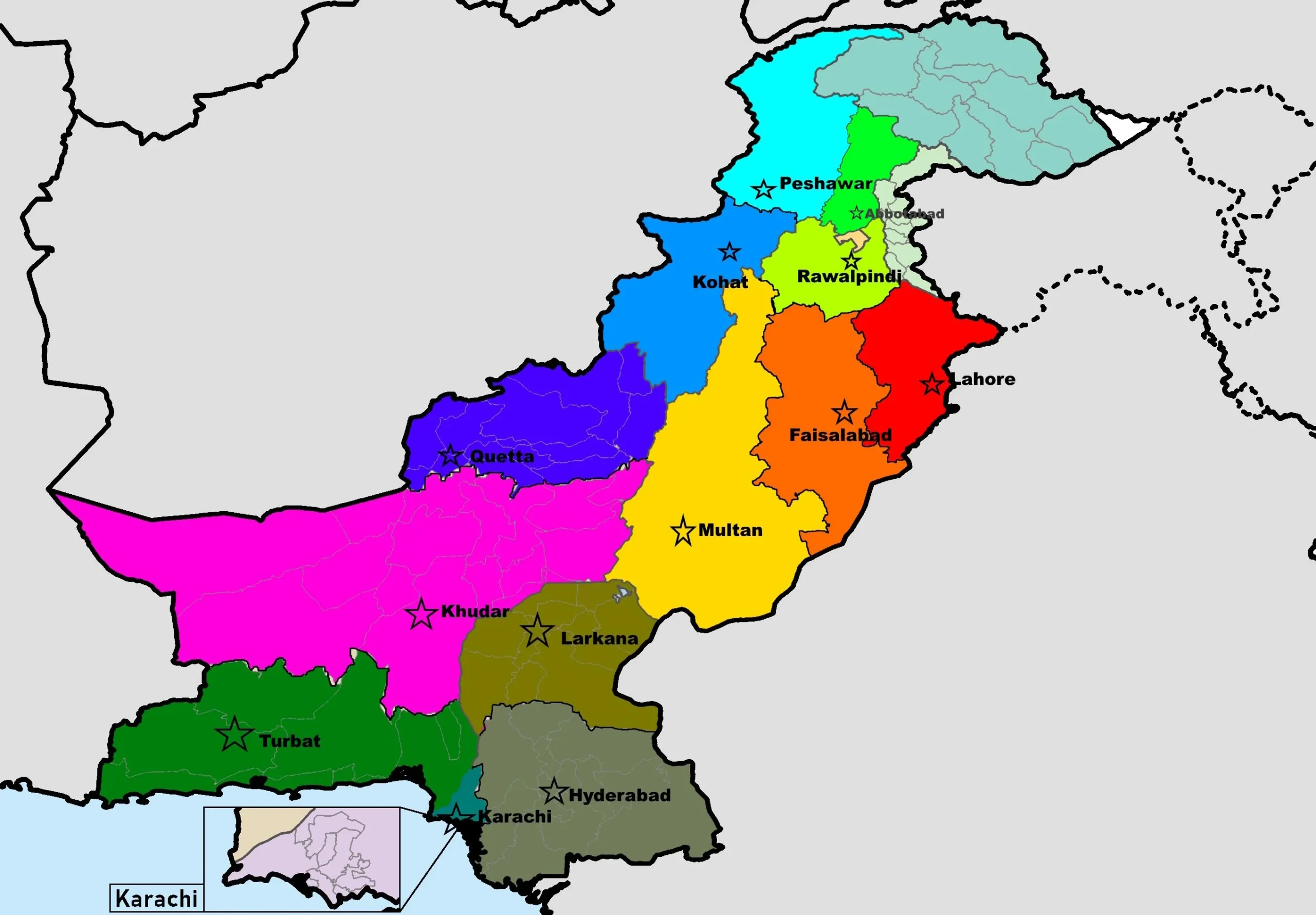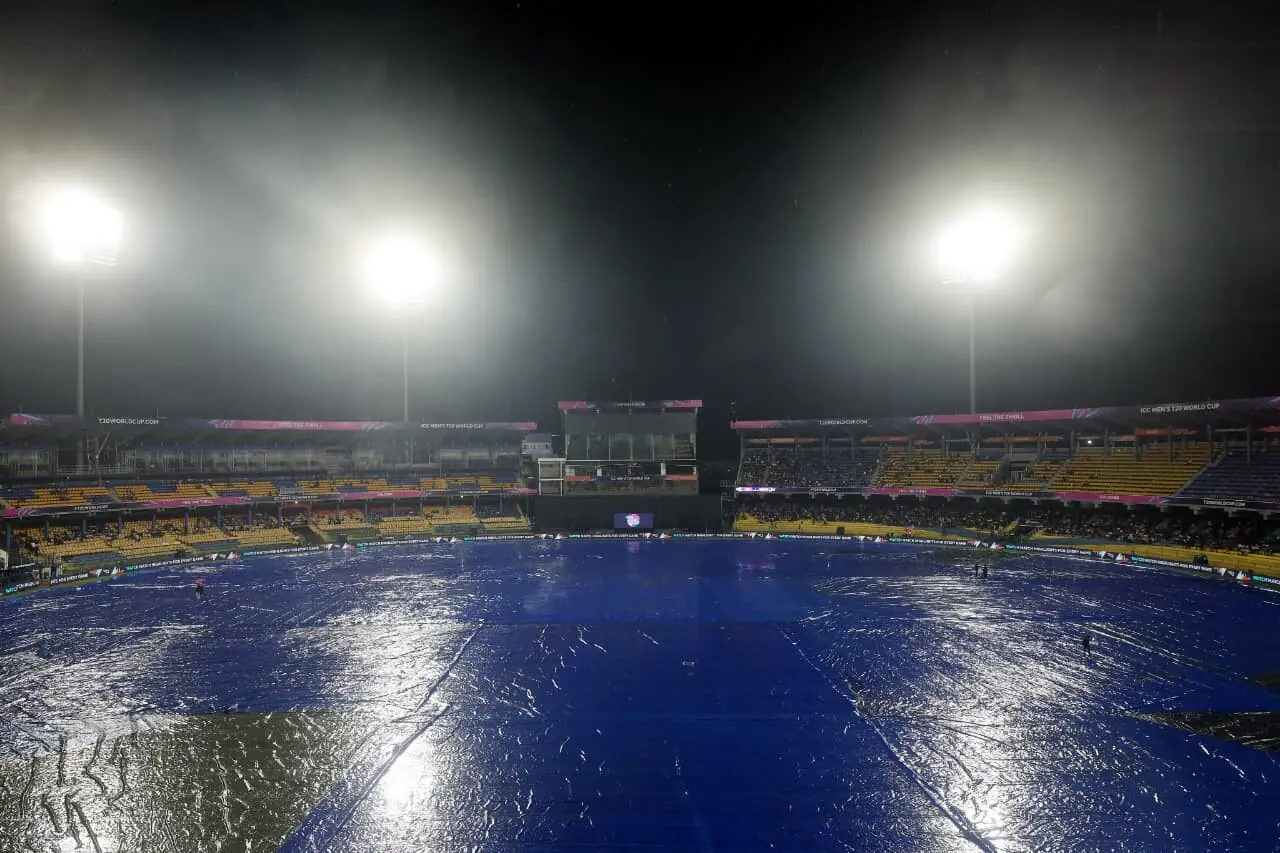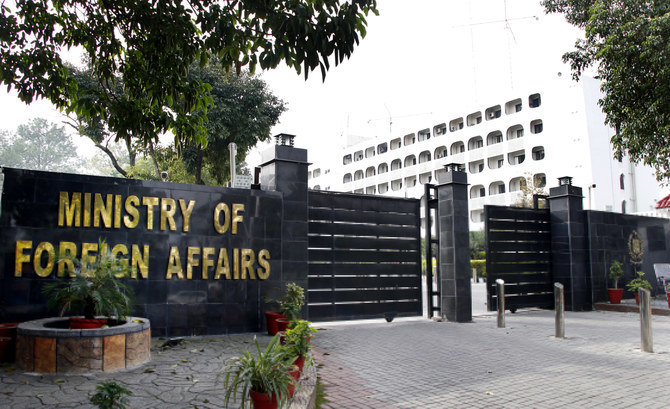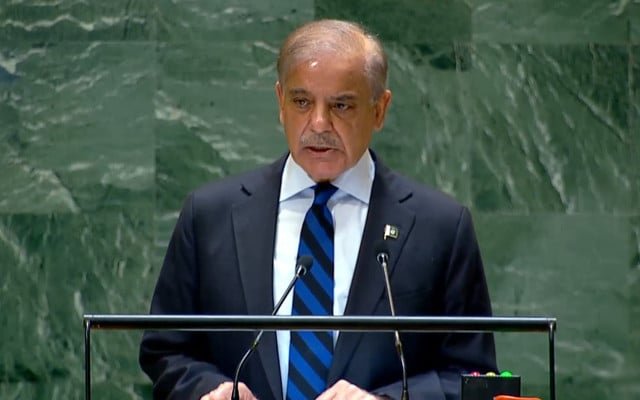The Punjab government has implemented a unique strategy, termed a ‘green lockdown’, in specific smog-hit areas of Lahore starting today. This ‘green lockdown’ is a set of stringent measures aimed at reducing pollution levels, which have been deemed among the highest in the world. As part of this, restrictions now apply to barbecue restaurants, motorcycle rickshaws, and marriage halls.
The city’s air quality index (AQI) reached a staggering 588 at 3 AM, though it dropped to 177 by 8 PM—a slight improvement but still unhealthy.
Senior Minister Marriyum Aurangzeb announced that Shimla Hill is the worst affected area. The lockdown prohibits construction within one kilometre of Shimla Hill, bans open barbecues after 8 PM, limits the operation of generators and motorcycle rickshaws, and enforces early closures for food outlets using certain fuels. Efforts to curb dust will see stricter enforcement and cleanup measures.
Aurangzeb also revealed a future ‘green ring’ project, a promising initiative that aims to plant trees around the city to significantly lower carbon emissions and improve air quality. This ambitious project seeks collaboration with industries for further tree planting and involves community participation, offering hope for a greener future.
Despite these efforts, experts from the Pakistan Air Quality Experts’ Group argue that the government’s measures, while a step in the right direction, are poorly planned and insufficient for making a significant difference in air quality. This criticism highlights the challenges that the government is facing in its fight against smog.
In a related effort, Chief Minister Maryam Nawaz Sharif has called for cooperation with Indian Punjab to address the smog problem, highlighting that it affects both regions. She plans to reach out to Indian Punjab’s Chief Minister, Bhagwant Mann, to discuss joint initiatives.
Additionally, during the Diwali celebrations, Sharif announced a new “Minority Card” to provide financial assistance to underprivileged minority families, as well as a virtual police initiative to improve support for minorities facing threats.















